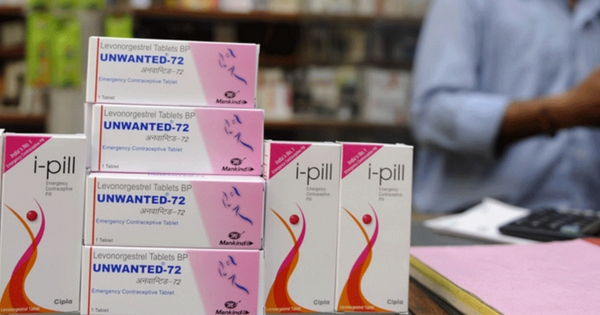A reproductive health advocate Mr Michael Tagoe has criticized the failure of emergency contraceptive pills producers to educate their consumers on the adverse effects they could have on their health.
“Unfortunately most of the producers that advertise these products do not alert people on the fact that it is not taken on the regular basis” he said.
This he says is unfortunate because,” the hormones in emergency contraceptive pills are very high as compared to the regular methods of contraception.”
Emergency contraceptives rather being used in situations that pose immediate risk of pregnancy have recently become a regular means of averting pregnancy.
Mr. Michael Tagoe, the Youth Programs officer of Planned Parenthood Association of Ghana in Cape Coast, contributing to a discussion on the subject noted that saturation of the emergency contraceptive pills in the body could rather hinder child bearing.
Read this too: Cohabitation in Cape Coast Alarming- Metro Director, Social Welfare
Speaking on ATLFM’s Atlantic Wave Tuesday, Mr Tagoe explained that consumers may be introducing a lot of artificial hormones into their systems that can change their menstrual cycle or can lead to vaginal bleeding; it can also lead to hormonal imbalance which can make it difficult for them to get pregnant when they want to, adding that “ideally within a year you should take it twice.”
He further advised male partners who encourage their partners to take emergency contraceptive pills to rather go with regular contraceptive methods which he said are more appropriate with minimal side effects.
He suggested two types of the injectable, the norigynon and depo provera. The former gives protection for the period of month and the later gives protection for three months.
Explaining the effects they come with Mr. Tagoe clarified some misconception tagged with the depo provera “with the norigynon if you are injected with it you can have your regular menstrual cycle, however with the depo provera it can interfere with your menstrual flow and so it is possible that for the three months period you will not see your menses and that is not a problem , because there is strong misconception that once you are not menstruating then it means the blood will clot and lead to fibroid, that is not true.”
He mentioned that consumers should always note that none of these gives protection against sexually transmitted diseases as presumed by some.
Source: Joseph Kobina Amuah/ATLFMNEWS



























